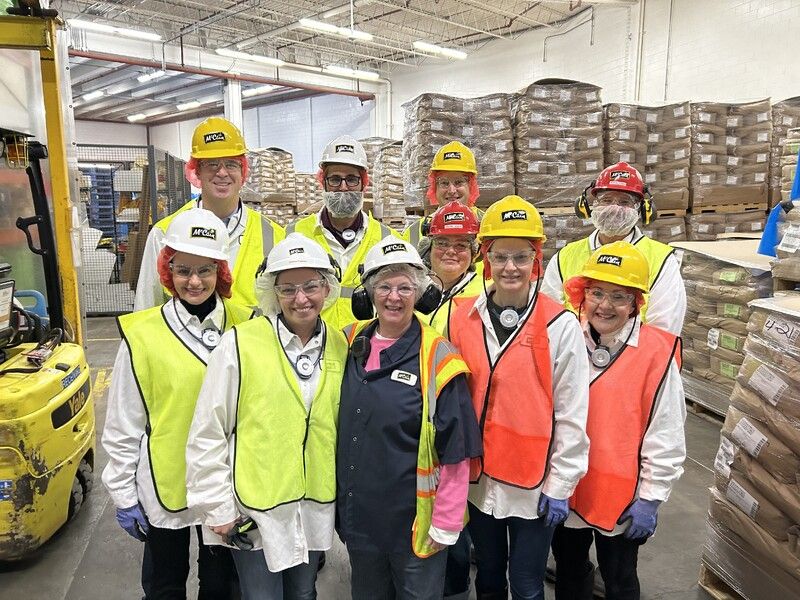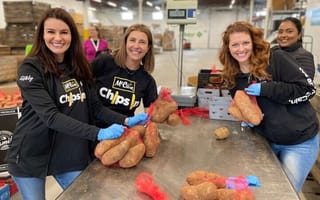“Here at McCain, things are just different.”
That’s how Deepak Thomas described his time at McCain Foods so far, where he has spent the past year working as a product owner for supply chain planning on the digital technology team.
Throughout the past nine years of his career, Thomas has helped manage supply chain and logistics initiatives at various companies — but none of them compare to McCain Foods. He has already seen how well the company’s business and technology teams collaborate to create solutions that impact customers and deliver immediate value.
Customers are at the heart of the company’s innovation strategy, and the key to satisfying their needs comes down to great food — and future-focused farming methods and systems.
With numerous initiatives in the works, the organization is leaning on the expertise of team members in its offices, such as Thomas, as well as farmers in the field to implement practices that will shape the future of farming.
Read on to see what Thomas had to say about what makes McCain Foods unique and learn more about the company’s future-focused farming methods and systems.
About McCain Foods
Founded in 1957, McCain Foods produces a variety of frozen food products, from french fries to desserts, which can be found at restaurant chains and grocery retailers across the globe.
What Thomas Believes Sets McCain Foods Apart
“At my previous companies, business and technology teams used to work in silos. The business team used to come up with the problems, while the technology team used to come up with the solutions. But here at McCain, things are different. There’s a spirit of collaboration and co-creation.
“There’s a spirit of collaboration and co-creation.”
The technology team has always been on the hunt for opportunities to improve the lives of our business partners, while the business team has a lot of input whenever we come up with technological solutions. The future of McCain’s digital technology is really bright. The most exciting part of this journey is the digital transformation that we are embarking on in 2025.”

Protecting the Planet Now — and in the Future
In McCain Foods’ 2024 Sustainability Report, President and CEO Max Koeune described the importance of environmental efforts at the company: “Sustainability is at the heart of our purpose, and runs through our values as a family business. We aim to make a difference now and for generations to come.”
To help shape the future, the company is focused on making its food and agricultural systems resilient. The organization is partnering with farmers to implement regenerative agriculture practices, which will help ensure long-term resilience of our farms by improving soil health, water quality, biodiversity and farm resilience to the impacts of climate change.
Sowing a Brighter Future for Potato Farming
While potatoes are the world’s third most important food crop after rice and wheat, intensive farming has caused soil degradation, water scarcity and biodiversity loss across the globe. To counteract these impacts, McCain Foods is committed to implementing regenerative agricultural practices across 100 percent of its potato acres by 2030, which will empower farmers to adopt more advanced, complex and long-term regenerative practices.

Building a More Resilient Supply Chain
Reducing emissions in its potato supply chain is integral to McCain Foods’ sustainability efforts, which is why the company is aiming for a 25 percent carbon emission intensity reduction by 2030. To achieve this goal, the company has combined regenerative agriculture with other strategies like fertilizer reduction, variety selection and the use of renewable energy.
As a member of the Cool Farm Tool Alliance, McCain Foods uses the Cool Farm Tool to calculate the carbon footprint generated by its potato crops while ensuring accuracy by using methodologies created by the Intergovernmental Panel on Climate Change. This ensures the company is using more robust data to measure and monitor its performance moving forward.





